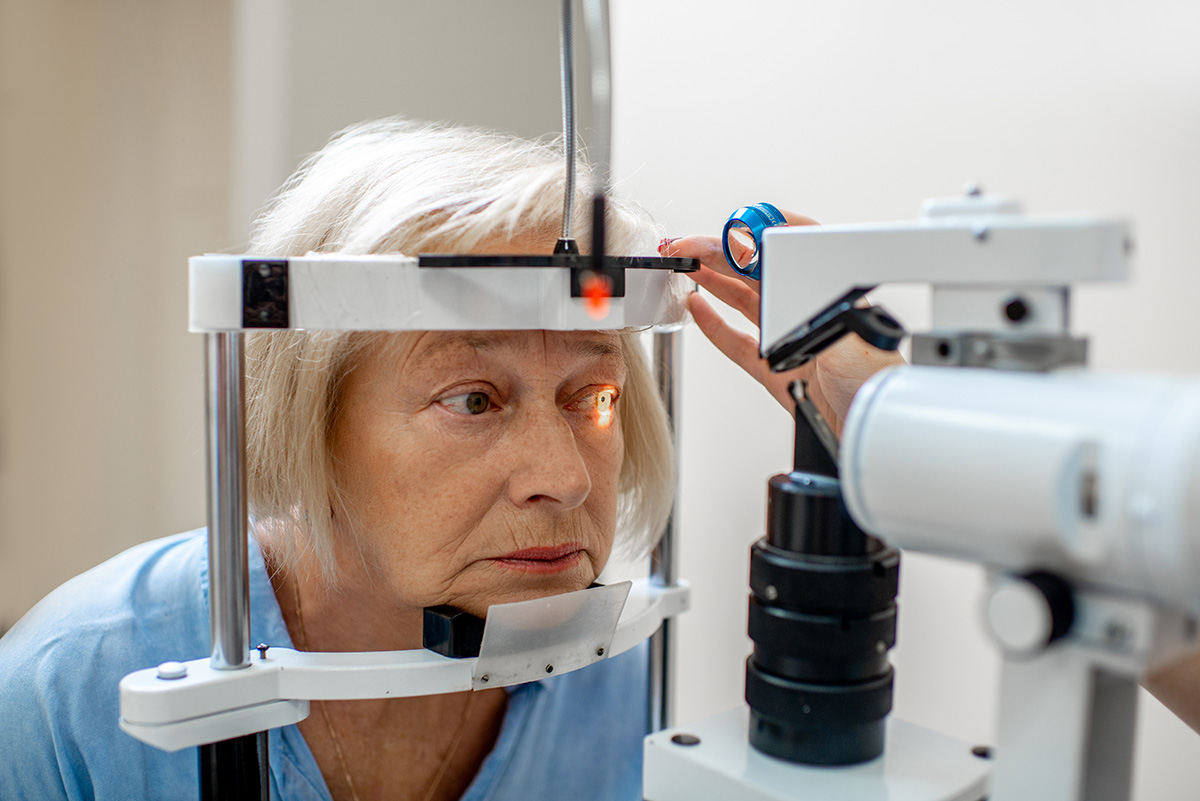January may be Glaucoma Awareness Month but learning about this disease should be a priority every day. Glaucoma is a serious eye condition that can lead to total vision loss if not treated properly. Let’s take a closer look at glaucoma, its top causes, treatments, and why regular visits to the eye doctor are key to prevention.
What is glaucoma?
Glaucoma is an eye disease that affects the optic nerve, which is responsible for carrying visual information from the eye to the brain. When pressure inside the eyeball increases, it can cause damage to the optic nerve and result in vision loss over time.
Although there are several types of glaucoma, open-angle glaucoma is the most common form. It progresses slowly and may cause no symptoms or pain until significant damage has been done. This type of glaucoma is often referred to as “the sneak thief of sight” because it can cause permanent vision loss without any warning signs.
Top causes of glaucoma
The exact cause of glaucoma remains unknown, but many factors have been linked to its development including:
- Age
- Family history
- Race (African Americans are more likely to develop glaucoma)
- Nearsightedness or farsightedness
- Poor blood circulation in the eyes
- Past eye injuries or surgery
- Certain medications such as corticosteroids
In addition, high intraocular pressure (IOP) can be a risk factor for developing glaucoma. High IOP occurs when pressure builds up inside your eyeball due to excessive fluid production or inadequate drainage from your eye’s drainage angle system. If left untreated for too long, high IOP can lead to permanent vision loss caused by damage to your optic nerve.
Treatments for glaucoma
There are several treatments available for glaucoma patients depending on their individual needs. These include laser treatments or prescription medications such as eyedrops or pills. Surgery, such as trabeculectomy or tube shunt implantation, is used in more advanced cases where medication alone isn’t sufficient to lower IOP levels. Your optometrist can recommend the most appropriate treatment option for your particular case.
If you suspect that you may be at risk for developing glaucoma, you should get checked out by an eye doctor immediately. Our eye care professionals can diagnose and treat your condition before any permanent vision loss occurs so don’t delay in seeking medical attention!





